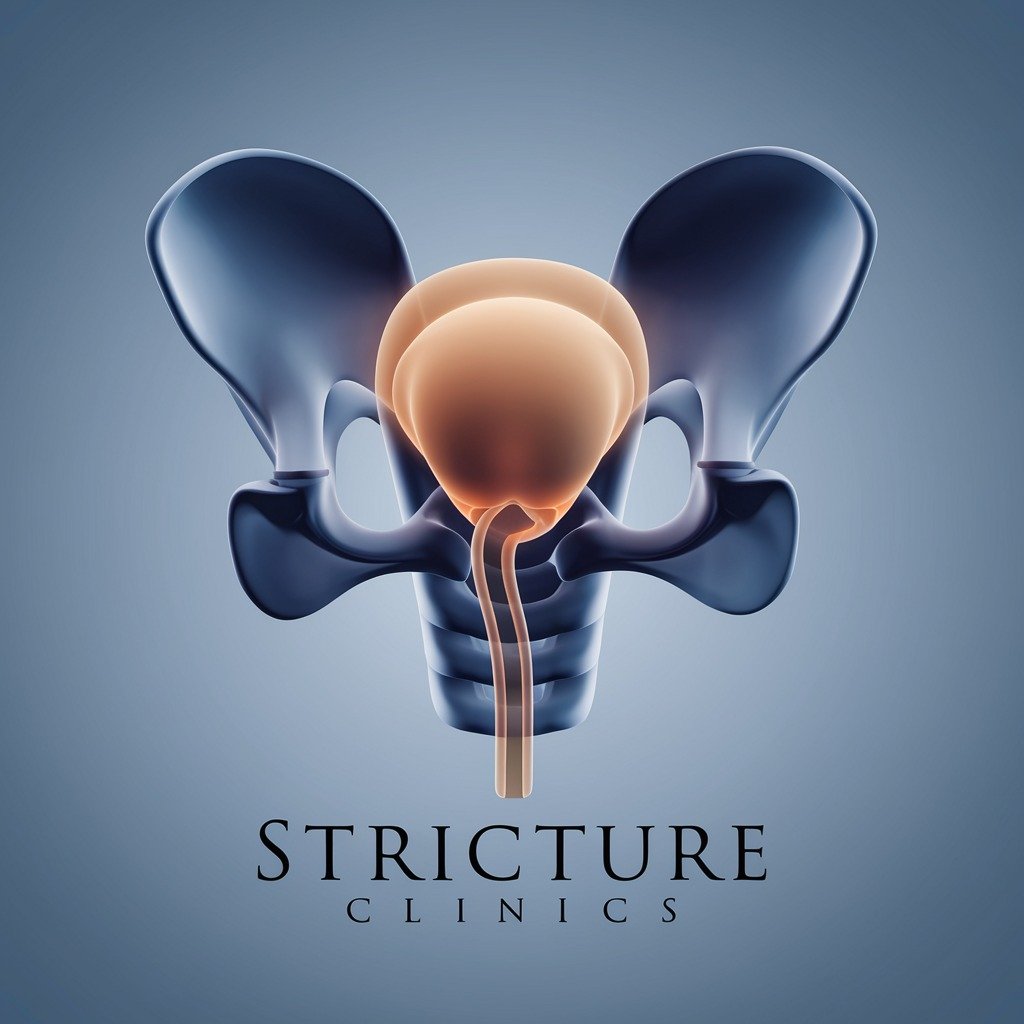About Us

We go above and beyond for our patients' health.
Dr. Ashish Pardeshi
Dr. Ashish Pardeshi is a Consultant Reconstructive Uro-Andrologist and a transplant Surgeon. He completed his schooling from St. Patrick’s School Pune and college from St. Vincent’s Junior College, Pune.
He completed his MBBS from Pune University in 2000 and finished his post-graduation in General Surgery in 2004 .
He did super-specialization in Urology & transplant from Jaslok Hospital, Mumbai. He is also a member of the National Academy of Medical Sciences.
After his super-specialization, he spent 3 years achieving a fellowship in Basic and Advanced Genito-Urinary Reconstructive surgery from the prestigious Kulkarni Reconstructive Urology Center, Pune.
He started his consultancy in various major hospitals around Pune and to date has an experience of 5 years in all kinds of urological procedures.
Our Philosophy
Our Mission
Our mission is to provide comprehensive care for stricture patients, prioritizing innovative treatments and personalized support for optimal recovery.
- 24/7 Emergency service
- Patient Satisfaction
- Modern Technology
What Make Us the Best Among Others?
Years of Operations
Specialist
Awards
Patients Recovered
Book an appointment today!
Healing Thousands of Life.
Transforming lives through compassionate care, innovative treatments, and a dedicated commitment to restoring health and well-being.
“Dr. Ashish Pardeshi treated my father in 2020 and it was a complicated surgery. My father is very satisfied with his after-surgery care and the consultation which is meaningful always. Dr. Pardeshi and his team is competent and always available for the patient. Thank you.”

Madhu Baloria
Call us for an appointment
+91 89753 64367
Feel free to contact us.
ashishpardeshiofficial@gmail.com
Reach to us via our location
View Map
FAQ's
Urethral stricture is a condition where the urethra, the tube that carries urine out of the body, becomes narrowed due to scar tissue. This can cause difficulty in urination, frequent urinary tract infections, and discomfort. Treatment typically involves procedures to widen the urethra or surgery to remove the scar tissue.
Urethral stricture is caused by scar tissue that narrows the urethra. Common causes include trauma or injury, infections (like STIs), previous surgeries, or long-term catheter use.
The risk factors for urethral stricture include previous urethral injury, infections like sexually transmitted diseases, frequent catheter use, pelvic trauma, and certain medical procedures involving the urethra.
The symptoms of urethral stricture include difficulty urinating, a weak urine stream, frequent urges to urinate, pain during urination, incomplete bladder emptying, and urinary tract infections.
Urethral stricture is diagnosed through a combination of medical history, physical examination, and tests like a urethrogram, cystoscopy, or urine flow study to assess the narrowing and its severity.
Treatment methods for urethral stricture include urethral dilation, where the narrowed area is gradually widened, urethrotomy, which involves cutting the stricture, and surgical options like urethroplasty to reconstruct the urethra. In some cases, a catheter may be temporarily placed to help keep the urethra open.
To help prevent urethral stricture, avoid urethral injuries, practice safe sex to reduce the risk of infections, minimize the use of catheters when possible, and seek prompt treatment for any urinary tract infections.
The long-term outlook for urethral stricture varies depending on the severity and treatment. With proper management, many people experience relief, but some may require ongoing care or multiple treatments to prevent recurrence. Regular follow-ups are essential to monitor and maintain urethral health.
